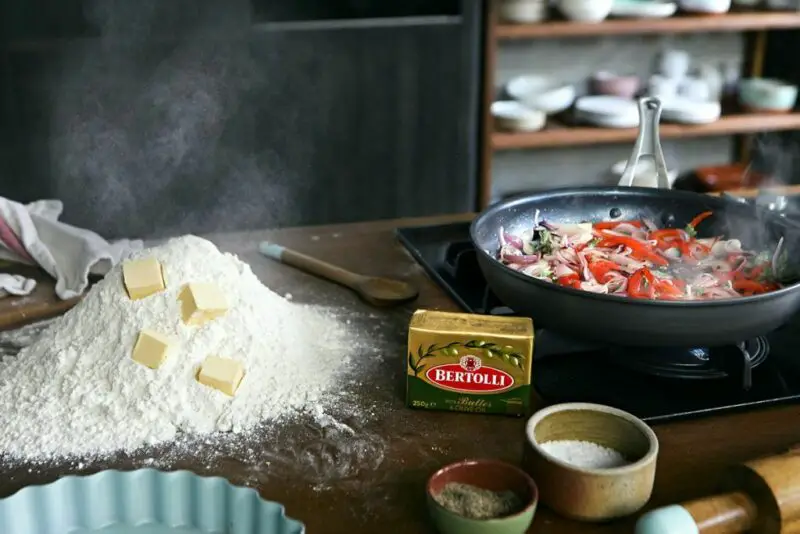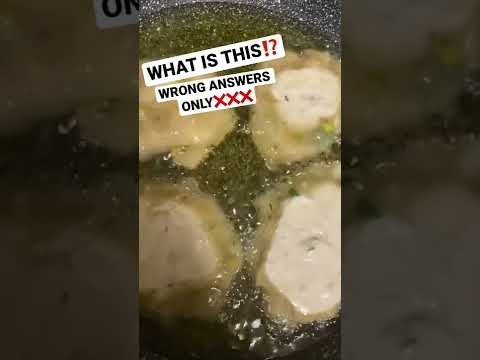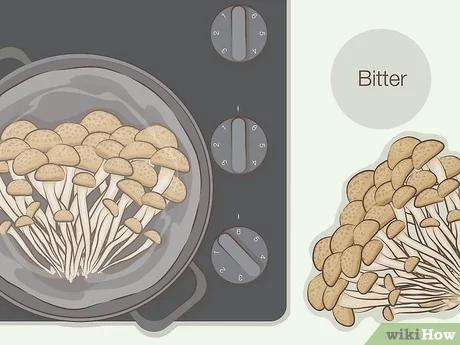Does Rice Cooking Wine Expire?
Cooking wine is a staple ingredient in many cuisines, especially Chinese and Japanese dishes. However, food safety concerns are making people wonder about the shelf life of this widely-used cooking ingredient. Rice cooking wine is one of the most popular types of cooking wine out there. If you’re like many others who use rice cooking wine, you may be wondering if it’s safe to consume after it’s been sitting on your pantry shelf for a long time. In this article, we’ll take a look at what rice cooking wine is, whether it expires, and how to know if it’s still okay to use.
What is Rice Cooking Wine?
Before we get into the nitty-gritty of whether or not rice cooking wine expires, let’s discuss what it actually is. Rice cooking wine, also known as mirin or sake, is a type of rice wine that is used in many Asian recipes. It adds a mild sweetness and tanginess to dishes, and it’s often used in marinades, sauces, and soups. It has a low alcohol content, typically around 14%, and it’s not designed for drinking (although some people do enjoy it as an aperitif).
Does Rice Cooking Wine Expire?
Rice cooking wine is a perishable ingredient, which means it can expire. Its shelf life depends on various factors, such as the type of rice wine, its alcohol content, and how it’s stored. Generally speaking, rice cooking wine doesn’t have an extremely long shelf life.
Factors that Affect Shelf Life
Here are some factors that can affect the shelf life of rice cooking wine:
- Alcohol content: The higher the alcohol content, the longer the shelf life.
- Type of rice wine: Different types of rice wine have different shelf lives.
- Storage conditions: Whether or not it’s been opened and how it’s been stored can affect its shelf life.
- Expiration date: Some rice cooking wines have expiration dates.
Signs that Rice Cooking Wine Has Expired
Although some types of rice cooking wine may not have expiration dates printed on their labels, there are still a few signs you can look out for to determine if your rice cooking wine has gone bad:
- Smell: If your rice cooking wine smells sour or unpleasant instead of sweet and tangy, then it may have turned.
- Taste: If your dish tastes sour or bitter after adding the rice cooking wine, then it may have gone bad.
- Appearance: If the surface of the wine looks cloudy or if there are particles floating in it, then it’s probably best to toss it out.
How to Store Rice Cooking Wine
Proper storage is key to extending the shelf life of your rice cooking wine. Here are some tips to ensure that your bottle stays fresh for as long as possible:
- Keep it in a cool, dark place: Store your unopened bottle of rice cooking wine in a dark cupboard that stays at a cool, consistent temperature.
- Don’t expose it to heat or light: Don’t leave your bottle in direct sunlight or near a heat source, such as the stove or oven.
- Keep it sealed: After opening the bottle, make sure to tightly seal it with its cap to prevent oxygen from entering.
Can You Use Expired Rice Cooking Wine?
Using expired rice cooking wine is not recommended because it can negatively affect the taste and quality of your dish. If you’re unsure whether or not your rice cooking wine has expired, it’s best to err on the side of caution and toss it out.
Alternatives to Rice Cooking Wine
If you can’t find rice cooking wine or if you want to substitute it with something else, here are two alternatives:
Shaoxing Wine
Shaoxing wine is a Chinese rice wine that’s similar to rice cooking wine. It’s often used in marinades and sauces and has a mild sweetness. It’s usually higher in alcohol content than rice cooking wine, at around 20%.
Mirin
Mirin is a sweet Japanese rice wine that’s often used in teriyaki dishes and other sauces. It has a similar flavor profile to rice cooking wine but with a much lower alcohol content than sake.
Conclusion
So, does rice cooking wine expire? The answer is yes – like any other food ingredient, rice cooking wine has a shelf life. However, with proper storage techniques and good judgment on when to dispose of an opened bottle, you should still be able to enjoy this delicious ingredient in many dishes. If you notice any signs that your rice cooking wine is off, play it safe and opt for an alternative ingredient instead.
Frequently Asked Questions
1. How long does rice cooking wine last?
Rice cooking wine doesn’t exactly expire, but it does lose its flavor and aroma over time. Stored in the fridge, an unopened bottle of rice cooking wine can last for several years. Once opened, the wine should be used within a year.
2. Can you use rice cooking wine past its expiration date?
As mentioned, rice cooking wine doesn’t have a true expiration date. However, if the wine has been open for more than a year or smells off, it’s best to discard it and buy a new bottle. Using expired rice cooking wine could ruin the taste of your dish.
3. Can you substitute rice cooking wine with another type of wine?
Yes, you can substitute rice cooking wine with other types of wines such as dry sherry or white wine. However, keep in mind that the flavor profile may differ slightly, so adjust accordingly. If you’re looking for a non-alcoholic alternative, try using chicken or vegetable broth instead.
4. Is rice cooking wine safe to consume?
When used properly in recipes and consumed in moderation, rice cooking wine is safe to consume. Keep in mind that rice cooking wines contain alcohol, so if you are avoiding alcohol for any reason, it’s best to use an alternative ingredient in your recipe.






